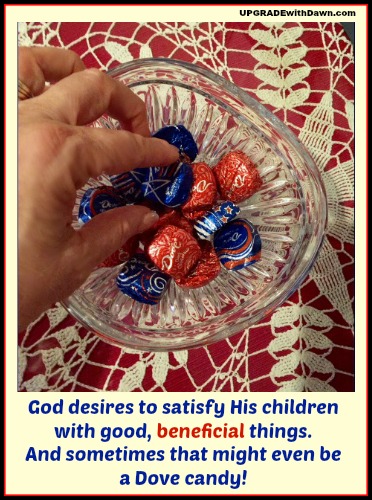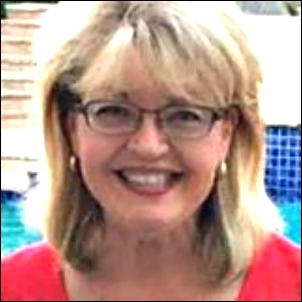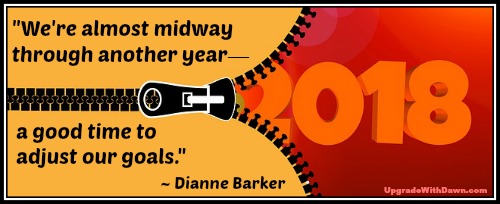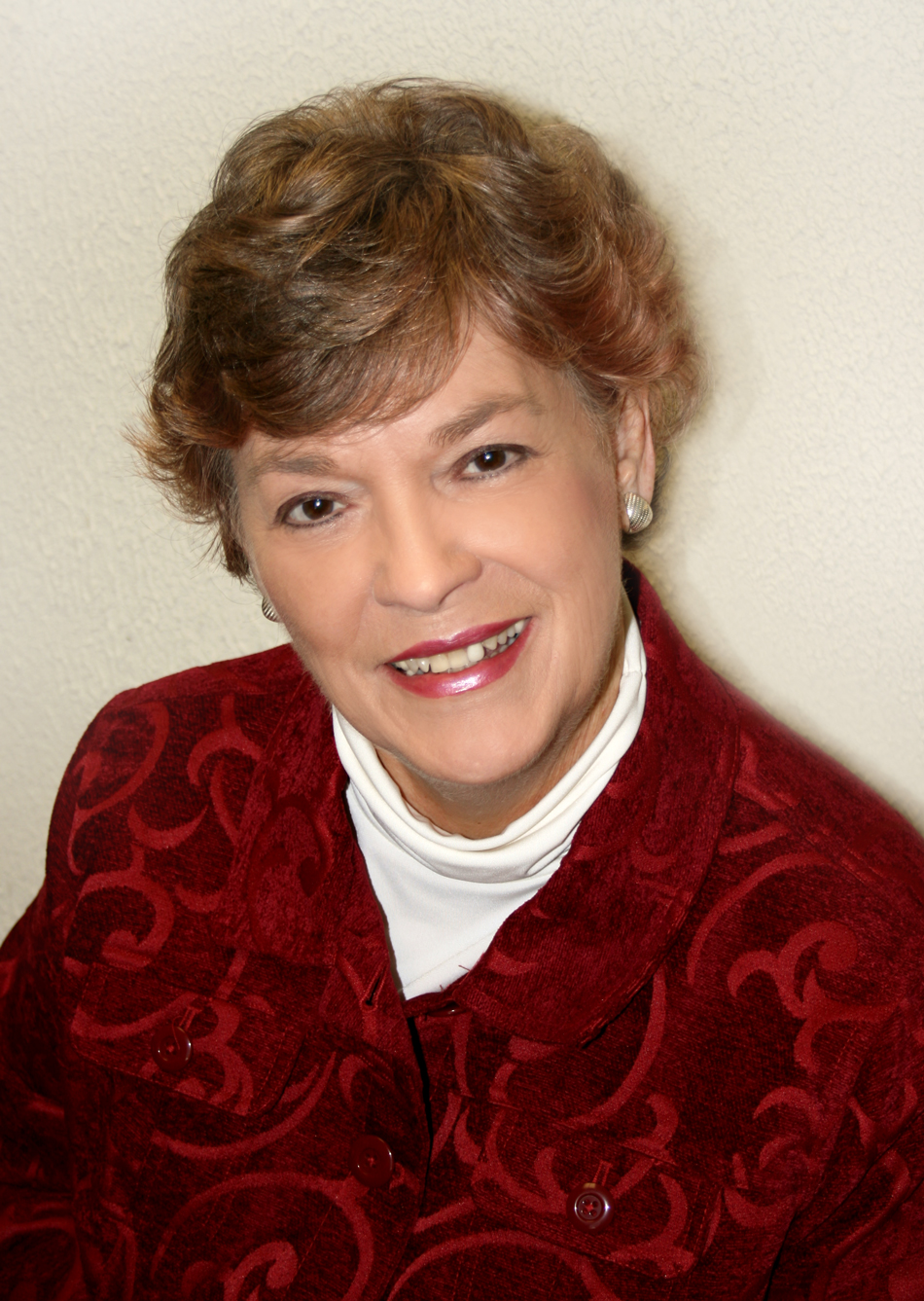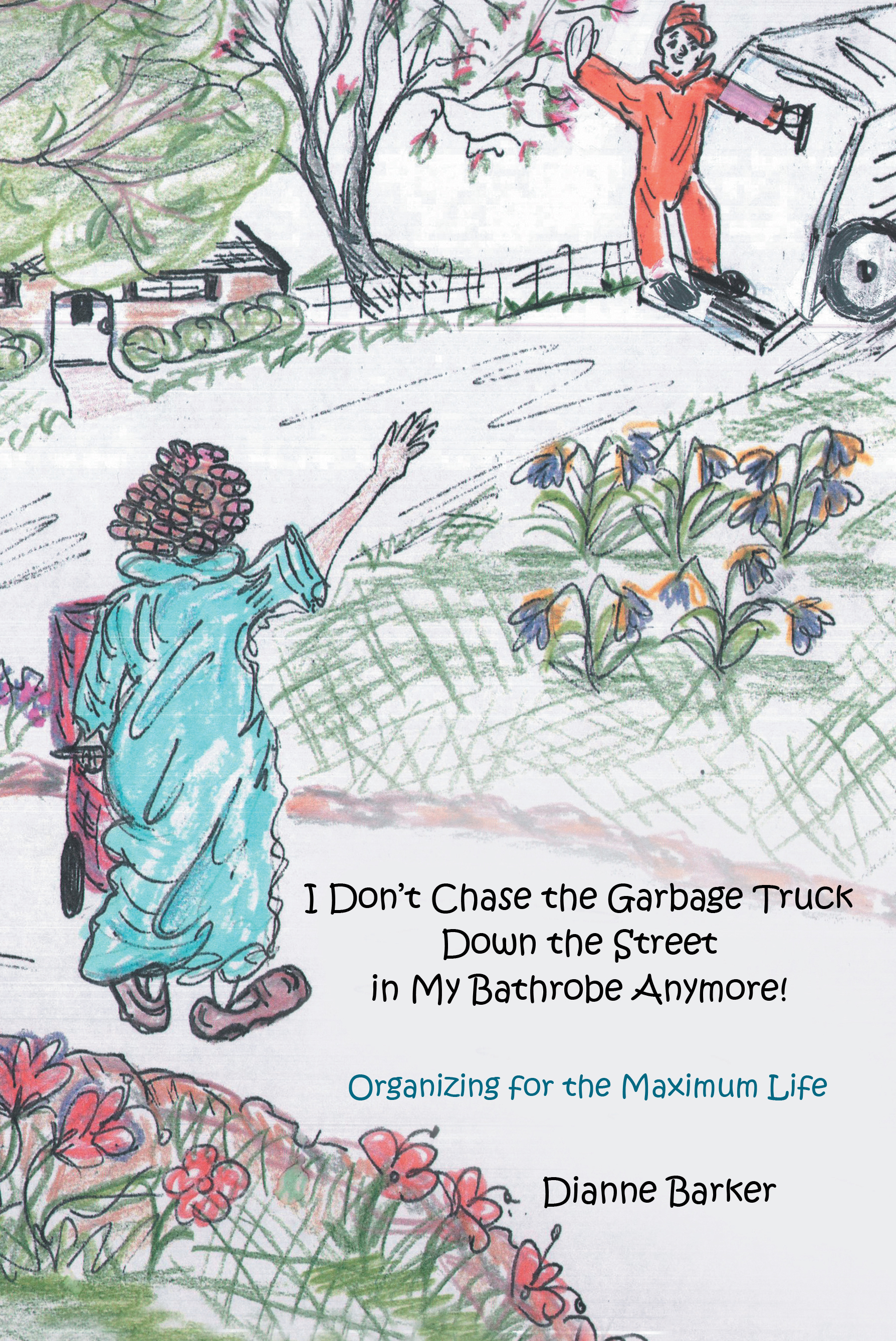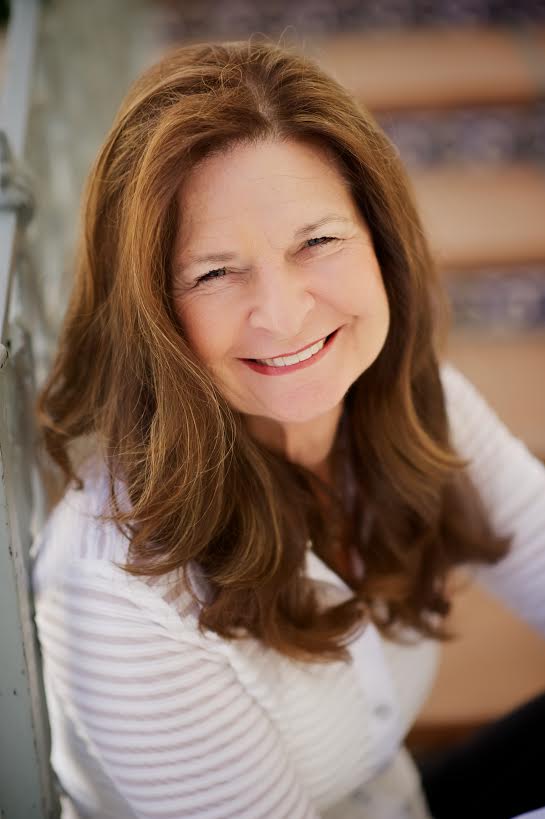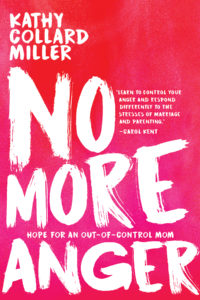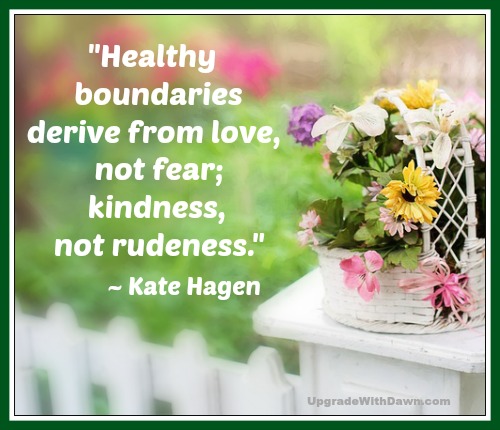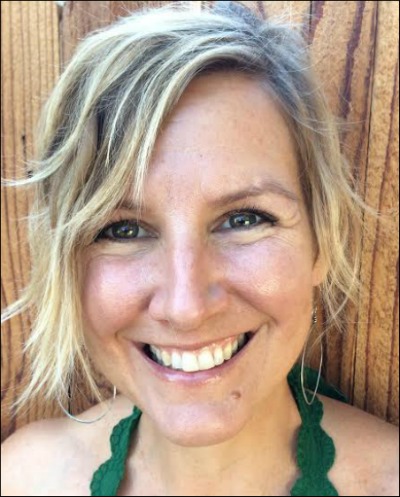Your Next Right Thing
Pam Farrel wrote earlier on this blog about a decision-making skill—making the obvious choice—and now, in this Choices UPGRADE, she's adding another decision-making skill: Do Your Next Right Thing.
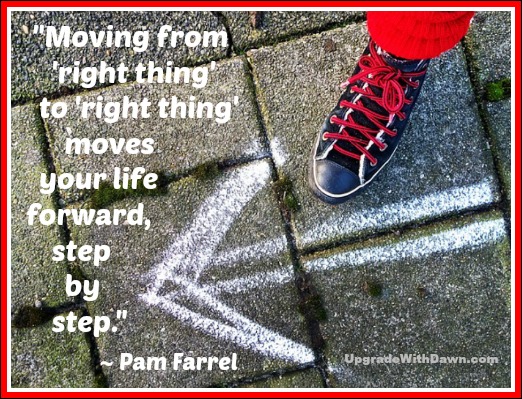
Pam says, "Since college, more than four decades ago, I have made it my daily prayer: 'Lord, show me the next right thing. Then, as I see the next right thing, I do it!
"God has been faithful to upgrade my life as I have been faithful to do the next right thing."
I (Dawn) attest that God is faithful when we are faithful; and when His children struggle, He still is faithful! I appreciate Pam's wisdom here!
Pam continues . . .
Elizabeth Elliot, a woman whose husband, Jim, was murdered as a martyr in the jungles, leaving her with an infant daughter, adopted the simple decision-making method of “Do the next thing”—love the next person; care for the next need; answer the next call.
She moved from a life that was unraveling to a strong vibrant ministry and personal life by simply doing the next thing.
I adapted her statement to “Do the next RIGHT thing.”
Moving from “right thing” to “right thing” moves your life forward, step by step.
Let me give you a series of simple examples/
When I was in college, my parents were going through a divorce, so I helped my mother move she and my siblings back to the safety and serenity of her parent’s family farm.
That was the next right thing.
I was already registered for college, so I moved into the dorms when my parent’s marriage dissolved and they each moved away from the city we had been living in. I worked hard to get A’s in my classes because no one: not my mother, my father or me, needed any more drama from any cause, especially from me.
That was the next right thing.
To guarantee I would have money to live on in this unstable time, I also applied and was hired for two part-time jobs.
That was the next right thing.
I was a competitive gymnast, so I enrolled in a PE class for gymnastics, and a coach noticed my skill, and invited me to try out for the diving team—which had potential for a scholarship. I made the team.
That was the next right thing.
A friend I made on that swim/dive team invited me to a Bible study. I went and during the prayer at the end of the meeting, the leader gave those attending the opportunity to commit or recommit his or her life to Jesus. I prayed and recommitted my life to Jesus.
That was the next right thing.
The leader invited me to return the next week and bring friends. So the next Sunday, I went through the dorm and invited everyone, and 20 people came with me.
That was the next right thing.
It was obvious to the leaders that I had the seeds of leadership in me, even though I was new to walking in the faith. So one of the women leaders, invited me to attend a one-on-one mentoring discipleship appointment with her. I said, “Yes!”
That was the next right thing.
I committed to coming each week to both the large meeting and the one-on-one meeting. Then she challenged me to read the Bible, every day. So I did.
That was the next right thing.
She then upped the challenge to share my faith on campus. So I did it—everyday!
That was the next right thing.
This created a track record of trust, so she invited me on to the leadership team. I said, “Yes!”
That was the next right thing.
The leaders were all invited to a leadership conference for more training. I said “Yes!” .
That was the next right thing.
At that conference the speaker challenged us to consider the call to fulltime ministry. I prayed, “Not my will but Yours, God.”
That was the next right thing.
At that same conference, after that extended quiet time with God, I walked in the lobby, and a handsome young man, asked me, “What did God teach you?” I shared all God had taught me that day.
That was the next right thing.
That young man was Bill Farrel. We began dating, and asked God to lead our relationship
That was the next right thing.
On December 14, 1979, I married Bill.
That was DEFINITELY the next right thing!
See how a series of smaller wise choices grew into a series of more important right choices?
Then those more important choices grew into a few very vital life choices—all by doing “the next right thing”.
Do the Next Right Thing is the principle reflected in this verse:
They go from strength to strength, till each appears before God in Zion (Psalm 84:7 NIV).
When you move from right thing to right thing, you progress forward from strength to strength.
Doing the next right thing propels your goals, your character and your life forward.
What is the next right thing God is calling YOU to do?
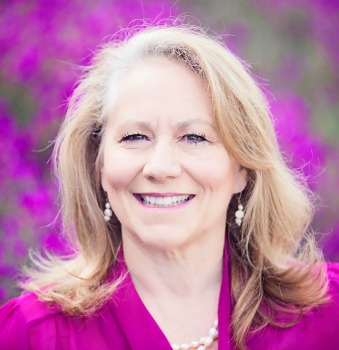 Pam Farrel is an international speaker, author of 46 books including bestselling, Discovering Hope in the Psalms: A Creative Bible Study Experience and 7 Simple
Pam Farrel is an international speaker, author of 46 books including bestselling, Discovering Hope in the Psalms: A Creative Bible Study Experience and 7 Simple 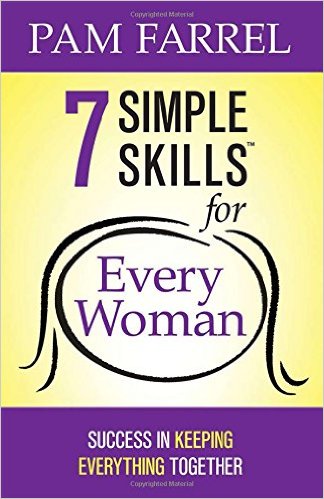 Skills for Every Woman: Success in Keeping It All Together—which this blog post was adapted from. Find out more about Pam and Bill Farrel at Love-Wise.
Skills for Every Woman: Success in Keeping It All Together—which this blog post was adapted from. Find out more about Pam and Bill Farrel at Love-Wise.
Graphic adapted, courtesy of MabelAmber at Pixabay.
 Post a Comment → Posted on
Post a Comment → Posted on  Thursday, October 25, 2018 at 6:22AM
Thursday, October 25, 2018 at 6:22AM  Choices,
Choices,  Decision-making Skills,
Decision-making Skills,  Decisions,
Decisions,  Do the Next Right Thing,
Do the Next Right Thing,  Do the Next Thing,
Do the Next Thing,  Elisabeth Elliott,
Elisabeth Elliott,  Pam Farrel,
Pam Farrel,  Upgrade with Dawn Upgrade Your Life
Upgrade with Dawn Upgrade Your Life  Choices,
Choices,  Spiritual Life
Spiritual Life 




